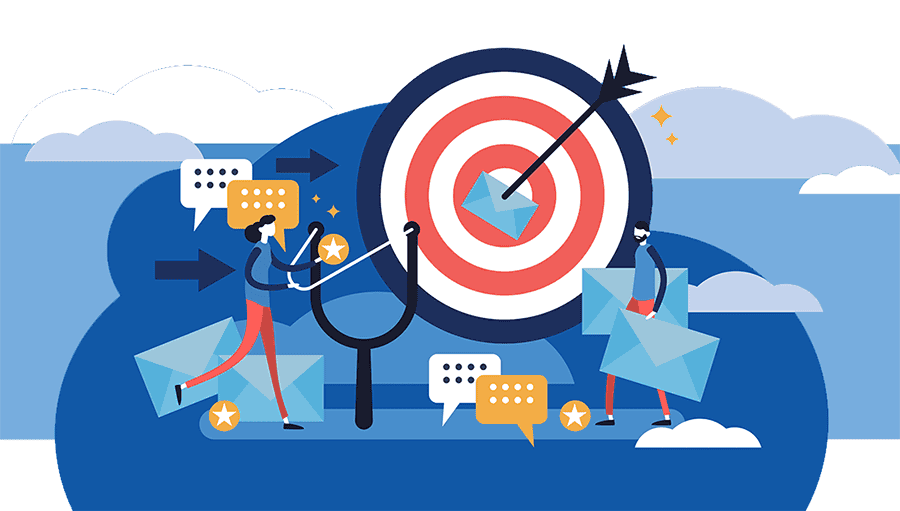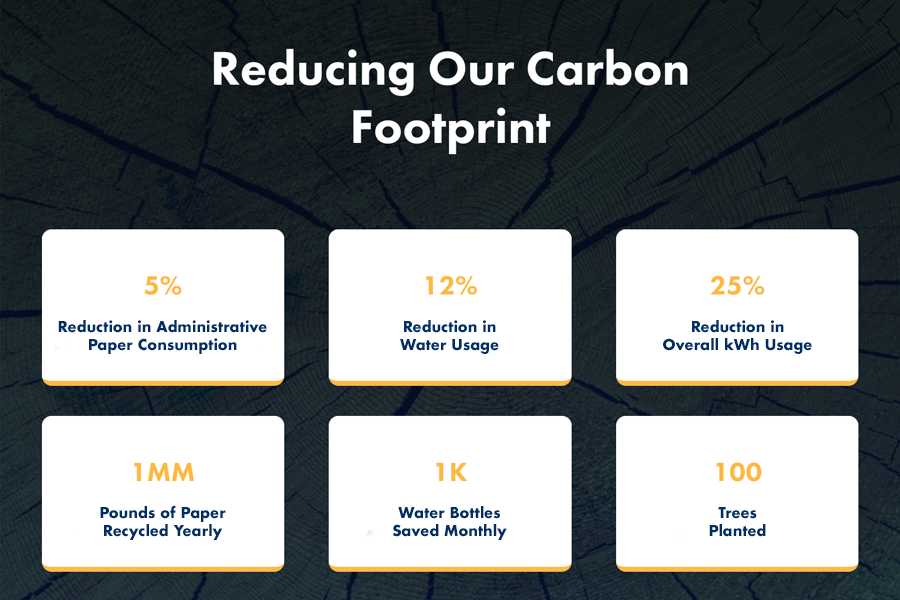Once upon a time, there was a little girl named Beate Chelette, and she wanted to decorate her bedroom with posters of beautiful places, but could not afford them. One day, she realized that if she ordered the posters for her friends and became a distributor, she could get her own for free. So, at the age of 12, Beate started a poster distribution business. Later in life, Beate was at a well-paying job but decided something was missing in her life. She knew three things:
- She wanted to be the boss.
- She had a lot of ideas.
- She wanted to change the world.
She took chances, found success, and created change to the business landscape through a lifetime of entrepreneurial adventures. She went from running a successful photography agency to losing everything in 2004. Like any true entrepreneur, she picked herself up, started over and a built an image licensing business that, in 2006, she sold to Bill Gates in a multi-million-dollar deal. Beate has since started a consulting company to coach and inspire women in business by sharing her techniques and experiences to reach success.
Beate’s story is nothing short of amazing, but looking back at the past few decades shows that she is not alone. We continue to see significant growth in the world of women in business. In honor of International Women’s Day, we wanted to focus on the crucial contribution that women make to industry, the economy and the next generation of entrepreneurs.
Creating Economic Impact
In 1980, only half of women participated in the workforce compared to nearly 80% of men and only 15% of women held bachelor’s degrees.2 Today, women make up the majority (56%) of college students,3 and account for 47% of the total workforce in the U.S.4 In addition, women are founding companies at a historic rate, with more than 9 million women-owned businesses in the United States today.5
This ever-increasing number of women-owned companies has left its mark on the economy. Research shows that women-owned firms have an economic impact of $3 trillion that translates into the creation and maintenance of 23 million jobs—that is 16 percent of all U.S. jobs.6 According to National Women’s Business Council, these jobs not only sustain the individual worker but contribute to the economic security of their families, the economic vitality of their communities and the nation.
Creating Diversity and Social Impact
The women-owned movement has brought immense diversity to the business world and has made it stronger than ever. Rose Leadem from Entrepreneur Magazine, once wrote: “Female entrepreneurs and executives are creating new models of leadership and providing organizations with valuable insights and solutions.”
The ability to recognize a “hole” in the market and fill it is not new; but women have a unique opportunity to cater to a different clientele or niche where their male counterparts may be less successful. As a result, there are multimillion dollar companies, such as StitchFix, Thnx, and Spanx, run by female founders and CEOs. These success stories started small, and with the idea that they could do better or provide a needed service. Taking that first step requires a great deal courage and support.
Speaking of support, while there is no doubt that the future of women in business is moving in the right direction, there are three critical areas in which women continue to need the most assistance. We see these areas as funding, mentorship, and experience.
1. Funding
When Congress passed The Women’s Business Ownership Act in 1988, it legally ended discrimination in financial lending and eliminated state laws that required married women to have a husband co-sign for all loans. Lenders were quick to recognize this as a great opportunity and by the early to mid-1990s, we saw a significant increase in the launch of financing initiatives to help aspiring women entrepreneurs. Wondering whether or not these legislative and lending initiatives made an impact? You bet they did! A study performed by American Express found that, from “1997 to 2013, the number of women-owned companies increased by 59 percent, while revenues from those companies grew by 63 percent.” Not to mention that today, one in five U.S. businesses with revenues of $1 million or more is women-owned.7
2. Mentorship
We recognize that starting a business can be a frightening journey for anyone, but remember, it was not until 1988 that women could obtain a loan without a co-signer. So while men have been entrepreneurs for centuries, this is still relatively new to most women. That is why having a trusted mentor can be instrumental to success.
With leadership training and mentorship opportunities, organizations such as The Women’s Business Enterprise Council (WBENC) have worked hard to support and grow more women in business. These types of mentorship programs and continued advocacy will connect women with other successful entrepreneurs, providing guidance and resources.
Not to toot our own horn, but Polaris Direct has been a WBENC certified company since 2004. Supporting other minority- and women-owned businesses is a top priority for this women-owned company. We remain dedicated to increasing the number of diversity suppliers we work with on an annual basis and are proud that nearly 10% of our yearly spend goes to fellow WBEs.
3. Experience
We also need to continue supporting programs that give women the education and experience required to tackle the entrepreneurial world. Currently, there are groups at a more local level, like the Center for Women & Enterprise (CWE), that help women, as well as minorities and veterans, get the training, assistance and mentoring that they need to attain success. In addition to partnering with fellow WBEs and serving on The Women’s Enterprise Forum, Polaris Direct continues to be involved in our regional WBENC chapter. Our CEO and co-founder, Judith Maloy, serves on the New Hampshire CWE Advisory Board—promoting and supporting women entrepreneurs at all levels.
Driving Change
Let’s not forget those female entrepreneurs are also the key to shaping the next generation. When it comes to motivating young women, they are leading by example; influencing their attitudes and ambitions. While high-level female role-models, like Cheryl Sandberg and Sara Blakely, are incredibly inspiring, don’t discount the value of local-level women in business. Exposing girls to these leaders offers a more easily imaginable and attainable level of success. In fact, there are some fantastic national programs with local chapters, like Girls Inc., which help empower girls with the tools and confidence they need to reach their full potential.
As always, change comes with time but millions of women, like Judith and Beate, have the passion and the drive to succeed. Through support and recognition, they will continue to build healthy businesses that improve our economy and generate lasting social impacts. As we look forward, we expect women to continue to break the barriers and for 2018 to be another great year of female entrepreneur success stories.
- https://beatechelette.com/
https://www.inc.com/jeff-haden/17-successful-women-share-how-they-got-started-in-business.html - http://www.humanresourcesmba.net/women-in-the-workplace/
- https://www.theatlantic.com/education/archive/2017/08/why-men-are-the-new-college-minority/536103/
- https://blog.dol.gov/2017/03/01/12-stats-about-working-women
- https://www.entrepreneur.com/article/285656
- National Women’s Business Council
- https://www.entrepreneur.com/article/285656
- https://tech.co/women-entrepreneurs-numbers-growing-2016-02
- https://www.cnbc.com/2017/02/28/why-women-entrepreneurs-will-be-economic-force-to-reckon-with-in-2017.html
- https://www.entrepreneur.com/article/270095
About the authors: Emily Masse is an undergraduate at the University of New Hampshire pursuing her Bachelor’s Degree in Communication and Business with a focus in Marketing. She writes for the UNH chapter of HerCampus.com, the #1 new-media global community for college women, and is a member of UNH Women in Business. Emily is also a copywriter for the Strategic Marketing Services department at Polaris Direct, a nationally acclaimed high-volume direct marketing services company in Hooksett, NH.
Amber Jodoin is the Creative Director at Polaris Direct. With over 20 years of experience, she is both creative and strategic in her approach — recognizing the importance of successfully delivering “the message” and adhering to brand standards, while consistently bringing forward new ideas. With her B2B and B2C marketing background, she brings a strong foundation of brand strategy, marketing, digital & social content development, as well as creative design, to the Polaris Direct Strategic Marketing team.




